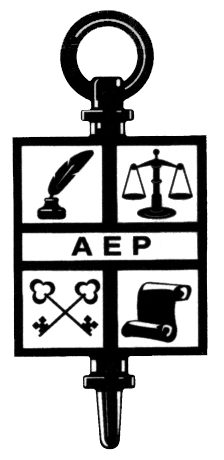How Estate Planning Can Benefit You While You Are Alive
A common misconception is that estate planning equates to death planning. But planning for what happens after you die is only one piece of an estate plan. Just as important is making a plan for what happens if you become incapacitated during your lifetime.
If it’s been a few years since you did your planning or if you’ve had any significant changes in your family or financial circumstances, it’s time to come in and make sure your incapacity plan is up to date.
Avoiding Time-Consuming and Costly Guardianship or Conservatorship Proceedings
Without a comprehensive incapacity plan in place, a judge can appoint someone (even a stranger or your most despised relative), known as a guardian or conservator, to take control of your assets and make all personal and medical decisions on your behalf under a court-supervised guardianship or conservatorship.
-
- In Utah, a court-appointed guardian or conservator must file annual status report and accountings each year – even if that guardian or conservator is your spouse. The court may impose a penalty of $5,000 on any guardian or conservator who fails to file these reports or makes a substantial misstatement in them. Additionally, investment regulations may force your guardian or conservator to sell assets at an inopportune time, with potentially bad tax and investment outcomes.
- The guardian or conservator can be required to obtain court permission before entering into certain types of financial transactions (such as mortgaging or selling real estate) or making life-sustaining or life-ending medical decisions.
If you become incapacitated, a guardianship or conservatorship can be an expensive, distracting, and emotionally draining process for your family. You and your loved ones may lose valuable time, money, and control until you either regain capacity or die.
Fortunately, court interference can be avoided with comprehensive estate planning.
The Two Essential Strategies for Incapacity Planning
You cannot put a comprehensive incapacity plan into place after you lose the mental ability to manage your finances and personal well-being. I’ve received phone calls from people who tell me they want to get a power-of-attorney in place for a spouse or parent who has dementia. Unfortunately, at that point it is too late. Instead, you must implement these two essential strategies for incapacity planning and their accompanying documents while you’re still competent:
- Proactive Planning for Control of Assets. As you saw above, court control of assets can range from cumbersome (at best) to disastrous (if premature sales of assets are ordered to comply with “prudent





